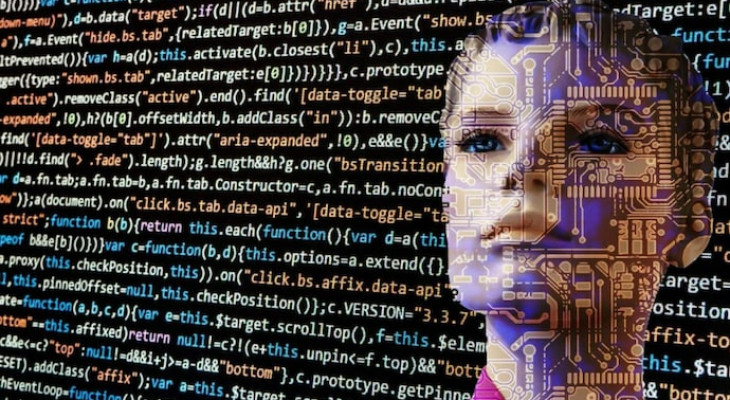How we really judge AI
Forget optimists vs. Luddites. Most people evaluate AI based on its perceived capability and their need for personalization. Cambridge, Mass.…

Artificial Intelligence (AI)
The rapid advancement of artificial intelligence (AI) is revolutionising various aspects of our lives, including the world of work. With the continuous development of AI technology, it is expected that numerous jobs will be replaced in the coming years. This blog delves into the specific jobs that are most susceptible to AI displacement and the subsequent implications for the workforce.
Jobs Vulnerable to AI Displacement:
AI has the potential to replace jobs that primarily involve repetitive and routine tasks, requiring little creativity or problem-solving. Several job roles are at high risk, including:
1. Market Research Analysts:
Market research heavily relies on data interpretation and trend analysis. AI algorithms can efficiently monitor trends, interpret data, and oversee campaigns, posing a challenge to human analysts.
2. Graphic Designers:
AI-driven generative AI tools have the ability to create visually appealing designs. While human creativity still plays a crucial role, graphic design processes may become partially automated.
3. Software Developers:
Although software development is a complex field, AI and machine learning have the potential to automate certain aspects, such as code generation and bug detection, leading to increased efficiency.
4. Logistics and Supply Chain Functions:
AI technology can optimize logistics operations, including route planning, inventory management, and demand forecasting. This could reduce the need for manual intervention and streamline processes.
Implications for the Workforce:
The rise of AI and its impact on the workforce brings about various implications:
1. Job Displacement:
As AI technology advances, some jobs may be entirely replaced by robots or significantly modified with the integration of AI-driven automation. This can lead to job losses and potential economic challenges.
2. Retraining and Skill Transition:
Workers affected by AI displacement will need to acquire new skills to adapt to the changing job market. Retraining programs and upskilling initiatives can help individuals transition into roles that require social or emotional intelligence, critical thinking, and complex problem-solving.
3. Uneven Impact:
The impact of AI on the workforce is likely to be uneven. While certain jobs may be phased out, new roles will emerge that require human-AI collaboration. Adapting to this changing landscape will be crucial to maintain employment opportunities.
Addressing the Implications:
To navigate the transition brought about by AI displacement, governments and businesses can take proactive measures:
1. Retraining Initiatives:
Establishing comprehensive retraining programs can help workers acquire new skills and facilitate their transition to AI-resistant jobs. This can mitigate job losses and promote long-term employability.
2. Job Placement Assistance:
Offering job placement assistance services can aid workers in finding new employment opportunities aligned with their skills and interests. Career counseling and job matching platforms can play a significant role in this regard.
3. Social Support and Inclusivity:
Governments and organizations should prioritize inclusivity and ensure that AI advancements do not widen the existing socioeconomic disparities. Implementing policies that protect workers’ rights and ensure fair access to opportunities is essential.
Conclusion:
As AI continues to advance, the job landscape will undergo significant transformations. Certain roles that involve repetitive tasks and limited creativity are most likely to be replaced by AI technology. However, it is crucial to approach this transformation proactively by providing retraining opportunities, facilitating job placement, and promoting social inclusivity.
Continue Reading on The India Saga.
Advertisement